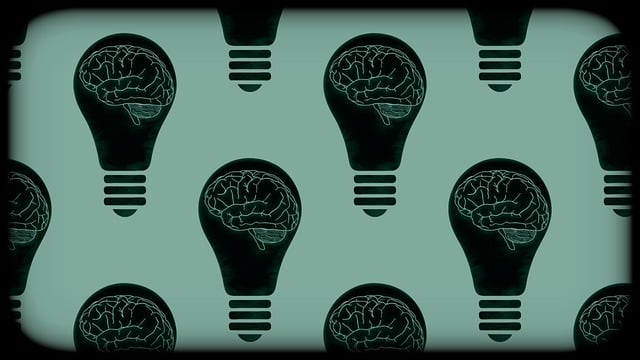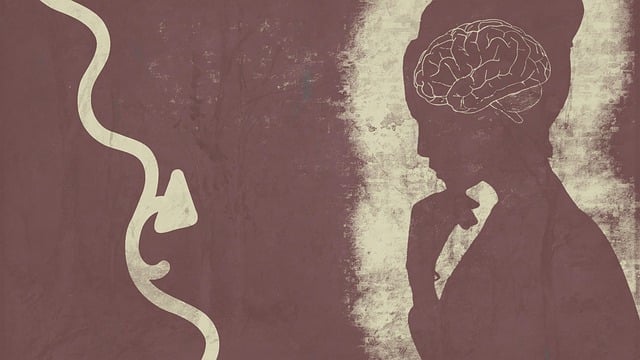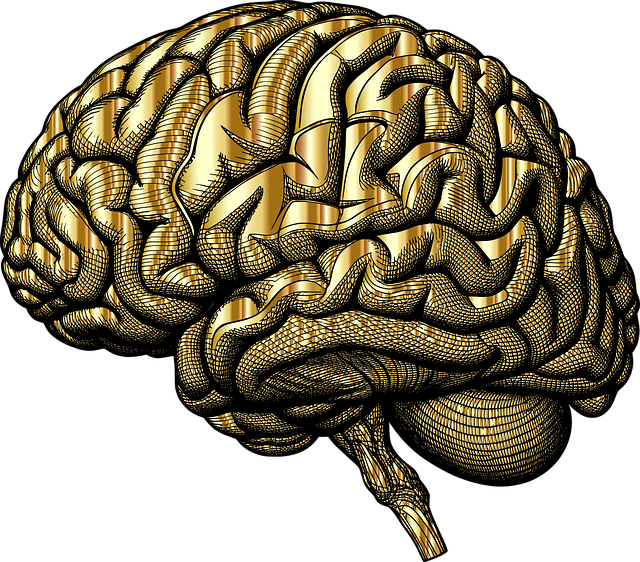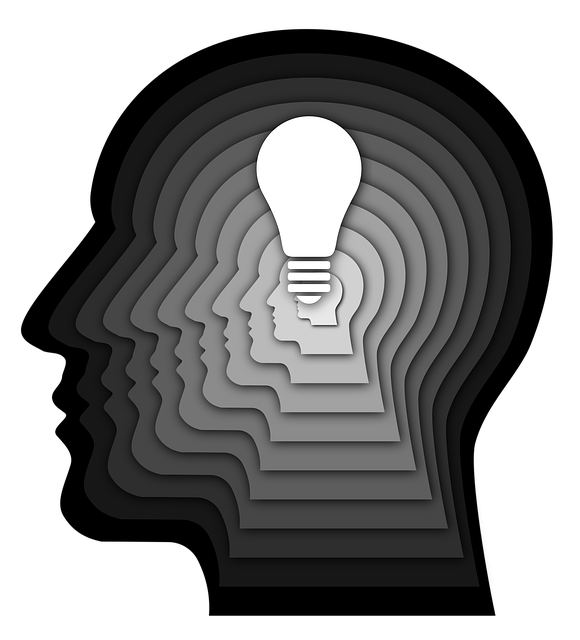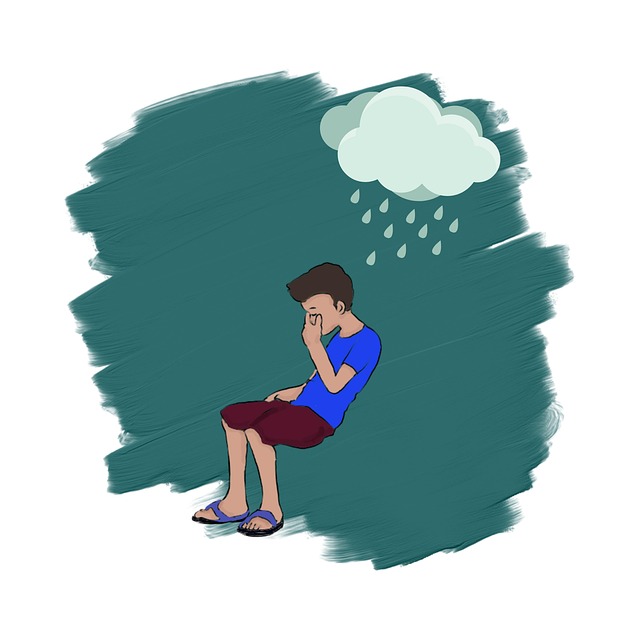Anxiety disorders and phobias, including Lone Tree Phobias, significantly impact daily life due to irrational fear or excessive worry. Genetic predisposition, environmental triggers, and past experiences contribute to their development. Effective management involves therapy like Cognitive Behavioral Therapy (CBT) for thought pattern modification and exposure therapy for gradual confrontation of fears. Organizations like Lone Tree Phobias Therapy offer workshops with techniques such as cognitive restructuring and mindfulness for stress reduction, ultimately improving well-being and confidence through personalized guidance and coping strategies.
Anxiety disorders and phobias are common yet formidable challenges, affecting millions worldwide. Understanding these conditions is the first step towards managing them effectively. This article explores powerful techniques designed to help you overcome anxiety, featuring a spotlight on Cognitive Behavioral Therapy (CBT) as a proven approach. From CBT to additional complementary methods, discover practical strategies for navigating and conquering your fears, including unique insights into Lone Tree phobias therapy.
- Understanding Anxiety Disorders and Phobias
- Cognitive Behavioral Therapy (CBT): A Powerful Tool
- Additional Techniques for Effective Anxiety Management
Understanding Anxiety Disorders and Phobias

Anxiety disorders and phobias are among the most common mental health concerns globally. These conditions manifest as intense, persistent feelings of fear, worry, or unease that interfere with daily life. Phobias, in particular, involve an irrational and extreme fear response to specific objects or situations, such as heights (acrophobia) or flying (aviophobia). Often, these fears develop from a combination of genetic predisposition, environmental triggers, and past experiences.
Effective management of anxiety disorders and phobias typically involves a multi-faceted approach. Therapy plays a crucial role in understanding the root causes and developing coping strategies. Techniques like cognitive behavioral therapy (CBT) have proven successful in modifying negative thought patterns and behaviors associated with anxiety. For specific phobias, exposure therapy—gradually facing the feared object or situation—can significantly enhance confidence boosting and reduce avoidance behaviors. Organizations specializing in mental health education programs design innovative stress management workshops to empower individuals with tools for navigating and overcoming anxiety-related challenges.
Cognitive Behavioral Therapy (CBT): A Powerful Tool

Cognitive Behavioral Therapy (CBT) has emerged as a powerful tool for managing anxiety disorders, including specific phobias like Lone Tree Phobias. This evidence-based approach focuses on identifying and changing negative thought patterns and behaviors that contribute to anxiety. By challenging these unhelpful thoughts and replacing them with more realistic and positive ones, CBT enables individuals to gain control over their emotional responses.
Through various techniques, such as cognitive restructuring and exposure therapy, CBT helps patients confront their fears in a safe and controlled environment. This gradual process not only facilitates Anxiety Relief but also plays a significant role in Burnout Prevention by teaching individuals coping strategies to manage stress effectively. Moreover, CBT boosts confidence by empowering people to face challenges head-on, thereby fostering resilience and improving overall well-being.
Additional Techniques for Effective Anxiety Management

In addition to traditional practices like meditation and deep breathing exercises, there are other innovative techniques that can significantly aid in anxiety management. One such approach is Lone Tree Phobias Therapy, which focuses on addressing specific fears and phobias that contribute to heightened anxiety. This therapeutic method utilises exposure therapy techniques to help individuals confront and overcome their unique triggers in a safe, controlled environment.
Moreover, Stress Reduction Methods incorporating mindfulness practices and cognitive reframing have proven effective in rewiring negative thought patterns associated with anxiety. Additionally, Mental Wellness Coaching Programs Development offers personalized guidance and support, helping individuals cultivate coping strategies tailored to their specific needs. Empathy building strategies, a key component of these programs, foster understanding and connection, enhancing the therapeutic process and contributing to overall mental wellness.
Anxiety disorders and phobias can significantly impact daily life, but there’s hope. By understanding these conditions and exploring evidence-based treatments like Cognitive Behavioral Therapy (CBT), individuals can effectively manage their anxiety. Techniques such as mindfulness, relaxation exercises, and exposure therapy complement CBT, offering a multi-faceted approach to overcoming fears, including Lone Tree phobias. With dedication and the right support, managing anxiety is achievable, leading to a calmer and more fulfilling life.

